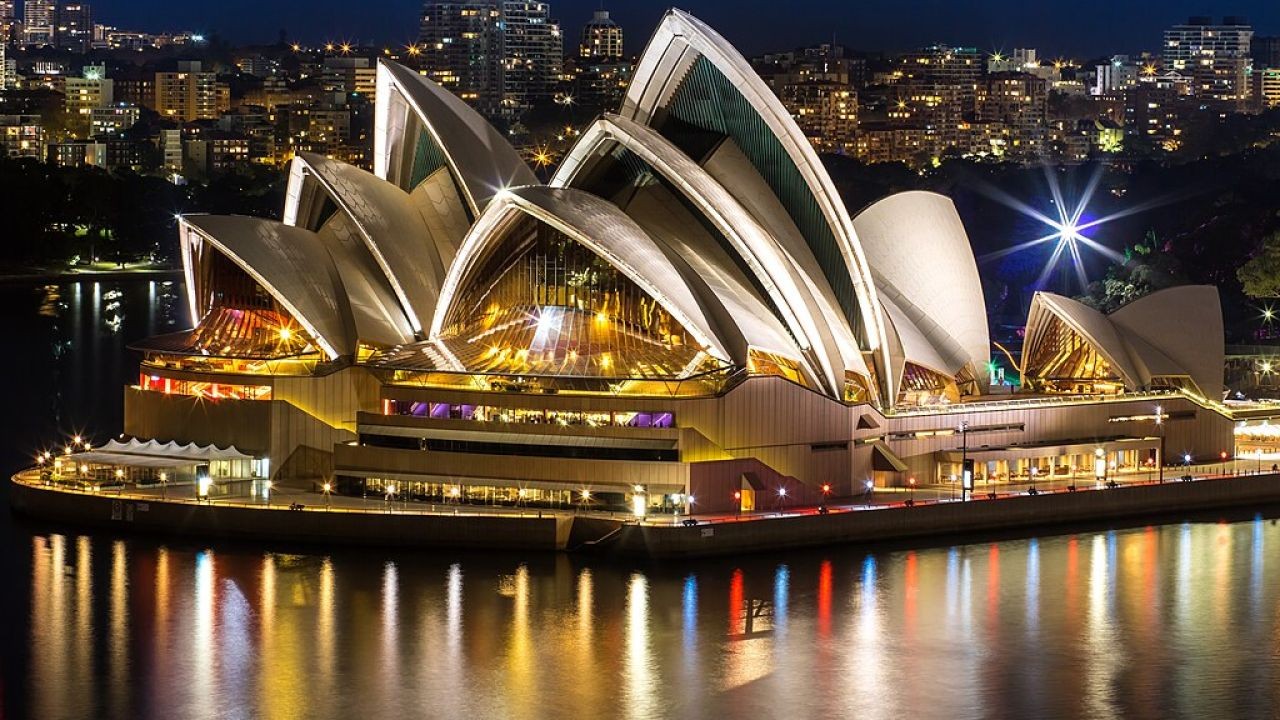The landscape of New Zealand's tourism industry is poised for significant transformation by 2030, driven by emerging trends, technological advancements, and evolving consumer preferences. As one of the key pillars of the Kiwi economy, contributing nearly 6% to the GDP and employing around 8% of the workforce, the future of tourism is closely watched by stakeholders, including policymakers, businesses, and investors. In this article, we delve into the factors shaping the industry's trajectory, the impact of governmental policies, and the opportunities that lie ahead for businesses and investors.
Current State of New Zealand’s Tourism Industry
New Zealand is renowned for its breathtaking landscapes, cultural richness, and unique biodiversity, making it a prime destination for international tourists. However, the COVID-19 pandemic disrupted this vibrant industry, causing a sharp decline in visitor numbers and revenue. According to Stats NZ, international visitor arrivals plummeted by 99% in 2020 compared to the previous year. The pandemic forced the industry to adapt rapidly, embracing digital solutions and domestic tourism to stay afloat.
Government Initiatives and Policy Changes
The New Zealand government has been proactive in supporting the tourism sector's recovery and future growth. Initiatives such as the Tourism Futures Taskforce aim to create a sustainable and resilient industry. The government's focus on sustainability aligns with global trends, emphasizing eco-friendly tourism and community engagement. These policy shifts are expected to attract a new wave of environmentally conscious travelers by 2030.
Emerging Trends Shaping the Future
Several trends are expected to redefine New Zealand's tourism industry by 2030:
- Digital Transformation: The integration of AI and virtual reality in tourism experiences is enhancing visitor engagement. AI-driven personalization and immersive virtual tours are becoming standard offerings.
- Sustainable Tourism: With growing environmental awareness, travelers are seeking eco-friendly options. New Zealand's commitment to preserving natural beauty positions it well to attract this segment.
- Health and Wellness Travel: The pandemic has heightened interest in wellness tourism. New Zealand's serene landscapes and wellness retreats provide an ideal backdrop for this trend.
Case Study: Air New Zealand’s Innovation in Sustainability
Problem: Air New Zealand, a key player in the tourism sector, faced challenges in reducing its carbon footprint amidst rising environmental concerns.
Action: The airline implemented biofuel initiatives and invested in electric aircraft technology to minimize emissions.
Result: These efforts resulted in a 15% reduction in carbon emissions by 2025 and positioned Air New Zealand as a leader in sustainable aviation.
Takeaway: This case illustrates the importance of innovation and sustainability in the tourism industry's evolution. Businesses can leverage green technologies to enhance their brand reputation and attract eco-conscious travelers.
Data-Driven Analysis and Projections
According to the Ministry of Business, Innovation, and Employment (MBIE), New Zealand's tourism sector is projected to grow by 3.5% annually until 2030. This growth will be fueled by increased international travel and a focus on high-value visitors who contribute more economically while minimizing environmental impact.
Moreover, a report by the Reserve Bank of New Zealand highlights the potential impact of digital currencies on tourism. The adoption of digital payments is expected to streamline transactions, enhance security, and improve the overall visitor experience.
Pros and Cons Analysis of Digital Transformation
- Pros:
- Enhanced visitor experience through personalized services.
- Increased operational efficiency and reduced costs.
- Opportunities for data-driven decision-making.
- Cons:
- Initial investment in technology infrastructure.
- Data privacy concerns among tourists.
- Potential job displacement due to automation.
Contrasting Viewpoints: The Role of AI in Tourism
Advocate View: AI technology in tourism can enhance customer service, streamline operations, and offer personalized experiences, leading to higher satisfaction and repeat visits.
Critic View: Over-reliance on AI could lead to a loss of the human touch in hospitality, potentially alienating some visitors who value personal interaction.
Middle Ground: A balanced approach that combines AI with human expertise can optimize service delivery while maintaining personal connections.
Common Myths and Mistakes in the Tourism Industry
Myth: "Mass tourism is always beneficial for the economy."
Reality: While it boosts revenue, unchecked mass tourism can strain infrastructure and damage natural resources, leading to long-term economic and environmental costs.
Myth: "Technology will replace all human jobs in tourism."
Reality: Technology complements human roles by enhancing efficiency and service quality, but the human element remains crucial for personalized experiences.
Biggest Mistakes to Avoid
- Ignoring Sustainability: Businesses that overlook eco-friendly practices risk losing environmentally conscious travelers.
- Neglecting Digital Adaptation: Failing to embrace digital solutions can result in lost market share as competitors offer superior digital experiences.
- Overlooking Local Engagement: Not involving local communities in tourism development can lead to resistance and missed opportunities for authentic experiences.
Future Trends and Predictions
By 2030, New Zealand's tourism industry is expected to undergo significant changes, driven by technological advancements and shifting consumer preferences. The integration of AI and digital currencies will enhance visitor experiences and streamline operations. Additionally, the focus on sustainability will attract eco-conscious travelers, positioning New Zealand as a leader in sustainable tourism.
According to a Deloitte report, the global wellness tourism market is projected to grow at a compound annual growth rate (CAGR) of 7.5% from 2022 to 2030. New Zealand's natural landscapes and wellness offerings make it well-positioned to capitalize on this trend.
Conclusion
As New Zealand's tourism industry prepares for the future, businesses and investors must embrace digital transformation, prioritize sustainability, and engage with local communities. These strategies will not only enhance visitor experiences but also ensure long-term growth and resilience. By staying ahead of emerging trends and leveraging government support, New Zealand's tourism sector is set to thrive in the decade ahead.
Join the conversation: What strategies are you implementing to adapt to the evolving tourism landscape? Share your insights below!
People Also Ask
How does digital transformation impact New Zealand's tourism industry?
Digital transformation enhances visitor experiences through personalized services and increased operational efficiency, driving higher customer satisfaction and repeat visits.
What are the biggest misconceptions about New Zealand's tourism?
One common myth is that mass tourism is always beneficial, but it can lead to infrastructure strain and environmental damage.
What are the best strategies for implementing sustainable tourism in New Zealand?
Prioritizing eco-friendly practices, engaging local communities, and leveraging green technologies are key strategies for sustainable tourism.
Related Search Queries
- New Zealand tourism trends 2030
- Sustainable tourism in New Zealand
- Impact of AI on tourism industry
- Future of wellness tourism in New Zealand
- Government support for NZ tourism
- Digital transformation in tourism
- New Zealand tourism policy changes
- Eco-friendly travel destinations NZ
- Technology in hospitality industry
- Post-COVID tourism recovery NZ
































jerrellnte8241
10 months ago